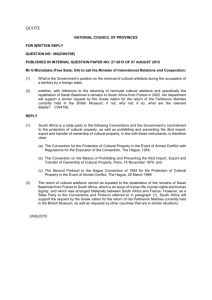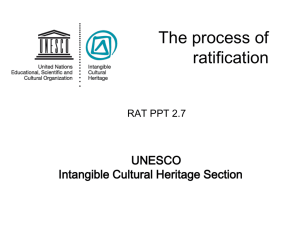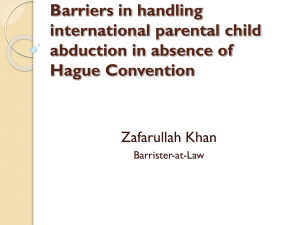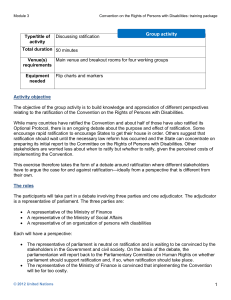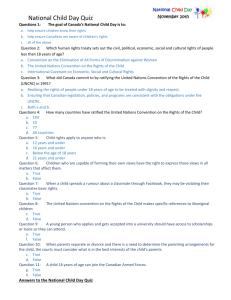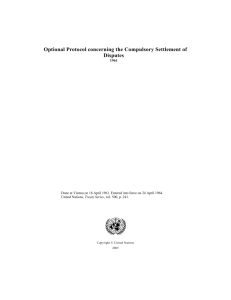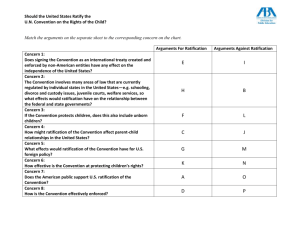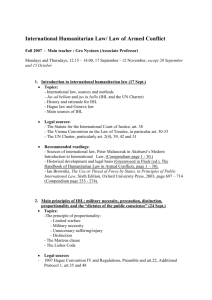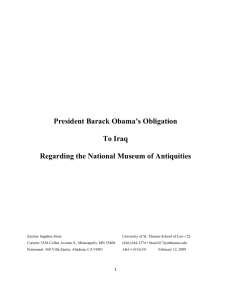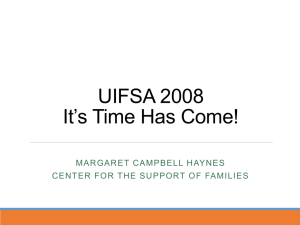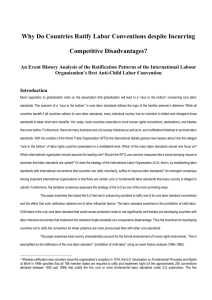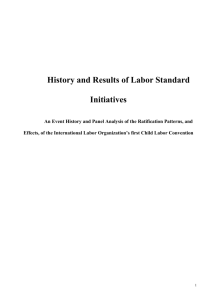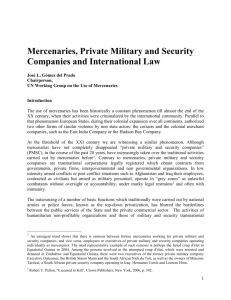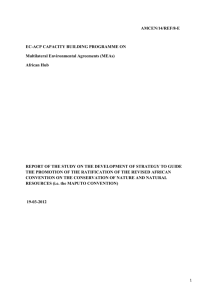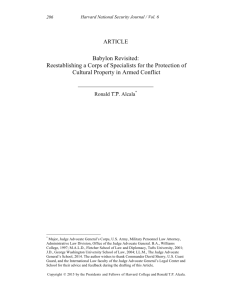here - UK Blue Shield
advertisement
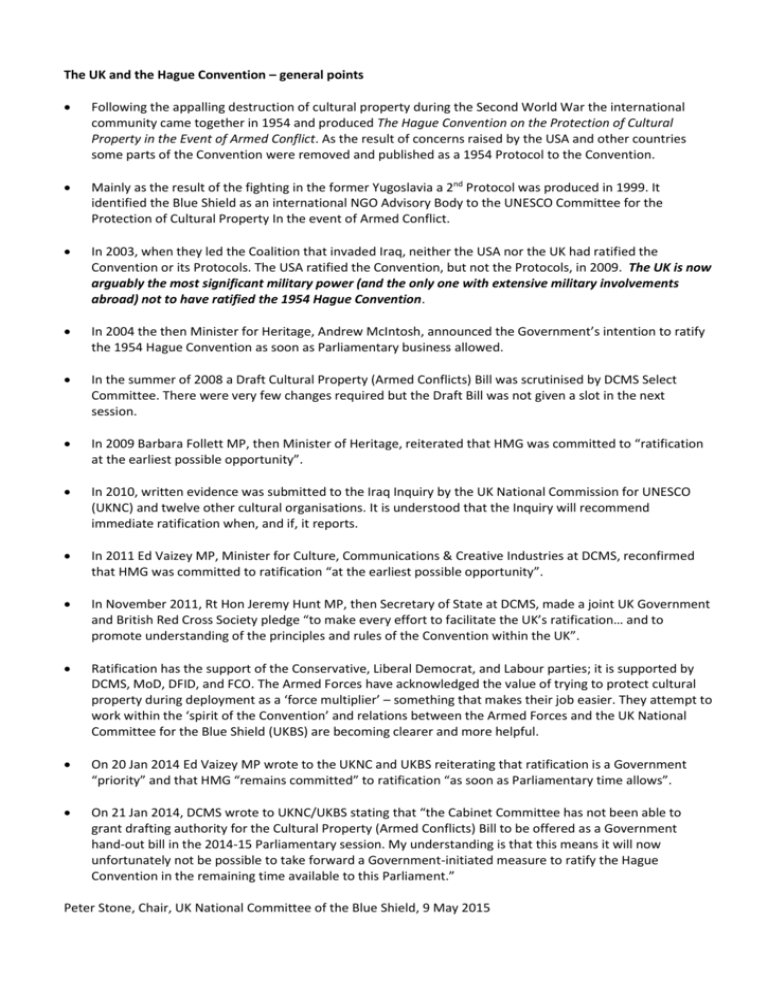
The UK and the Hague Convention – general points Following the appalling destruction of cultural property during the Second World War the international community came together in 1954 and produced The Hague Convention on the Protection of Cultural Property in the Event of Armed Conflict. As the result of concerns raised by the USA and other countries some parts of the Convention were removed and published as a 1954 Protocol to the Convention. Mainly as the result of the fighting in the former Yugoslavia a 2nd Protocol was produced in 1999. It identified the Blue Shield as an international NGO Advisory Body to the UNESCO Committee for the Protection of Cultural Property In the event of Armed Conflict. In 2003, when they led the Coalition that invaded Iraq, neither the USA nor the UK had ratified the Convention or its Protocols. The USA ratified the Convention, but not the Protocols, in 2009. The UK is now arguably the most significant military power (and the only one with extensive military involvements abroad) not to have ratified the 1954 Hague Convention. In 2004 the then Minister for Heritage, Andrew McIntosh, announced the Government’s intention to ratify the 1954 Hague Convention as soon as Parliamentary business allowed. In the summer of 2008 a Draft Cultural Property (Armed Conflicts) Bill was scrutinised by DCMS Select Committee. There were very few changes required but the Draft Bill was not given a slot in the next session. In 2009 Barbara Follett MP, then Minister of Heritage, reiterated that HMG was committed to “ratification at the earliest possible opportunity”. In 2010, written evidence was submitted to the Iraq Inquiry by the UK National Commission for UNESCO (UKNC) and twelve other cultural organisations. It is understood that the Inquiry will recommend immediate ratification when, and if, it reports. In 2011 Ed Vaizey MP, Minister for Culture, Communications & Creative Industries at DCMS, reconfirmed that HMG was committed to ratification “at the earliest possible opportunity”. In November 2011, Rt Hon Jeremy Hunt MP, then Secretary of State at DCMS, made a joint UK Government and British Red Cross Society pledge “to make every effort to facilitate the UK’s ratification… and to promote understanding of the principles and rules of the Convention within the UK”. Ratification has the support of the Conservative, Liberal Democrat, and Labour parties; it is supported by DCMS, MoD, DFID, and FCO. The Armed Forces have acknowledged the value of trying to protect cultural property during deployment as a ‘force multiplier’ – something that makes their job easier. They attempt to work within the ‘spirit of the Convention’ and relations between the Armed Forces and the UK National Committee for the Blue Shield (UKBS) are becoming clearer and more helpful. On 20 Jan 2014 Ed Vaizey MP wrote to the UKNC and UKBS reiterating that ratification is a Government “priority” and that HMG “remains committed” to ratification “as soon as Parliamentary time allows”. On 21 Jan 2014, DCMS wrote to UKNC/UKBS stating that “the Cabinet Committee has not been able to grant drafting authority for the Cultural Property (Armed Conflicts) Bill to be offered as a Government hand-out bill in the 2014-15 Parliamentary session. My understanding is that this means it will now unfortunately not be possible to take forward a Government-initiated measure to ratify the Hague Convention in the remaining time available to this Parliament.” Peter Stone, Chair, UK National Committee of the Blue Shield, 9 May 2015
